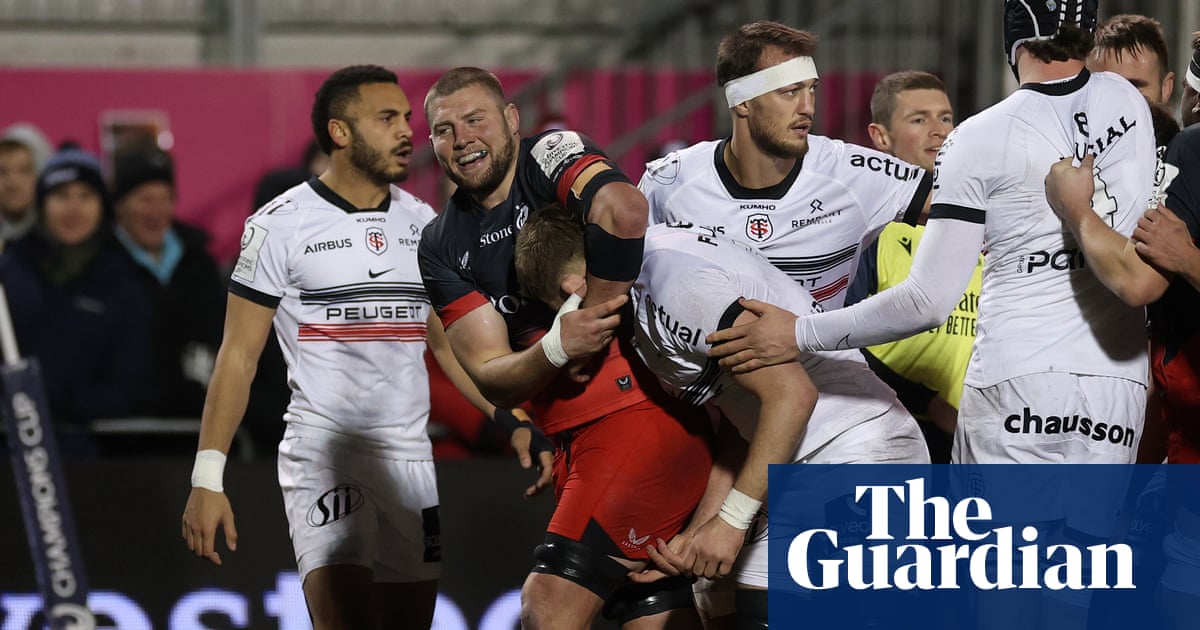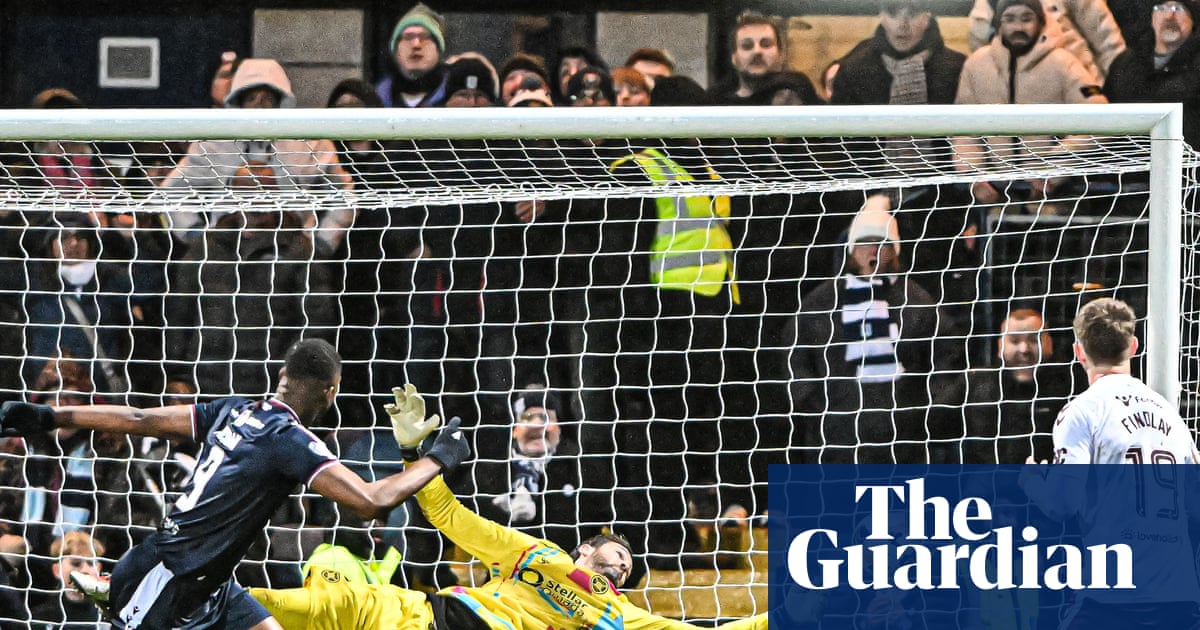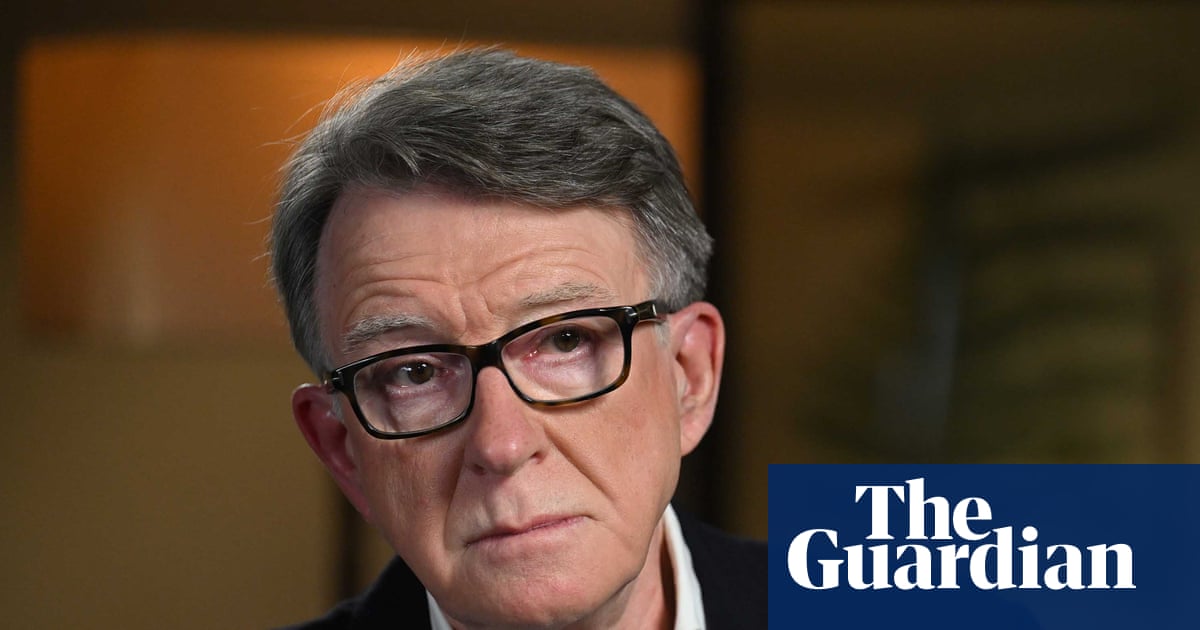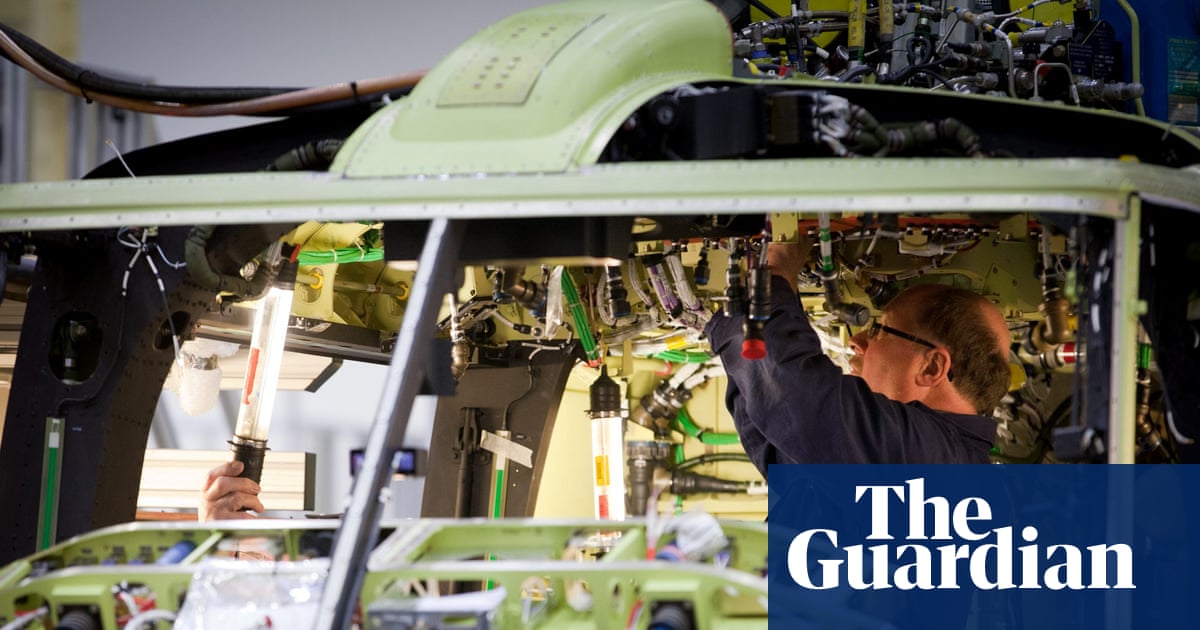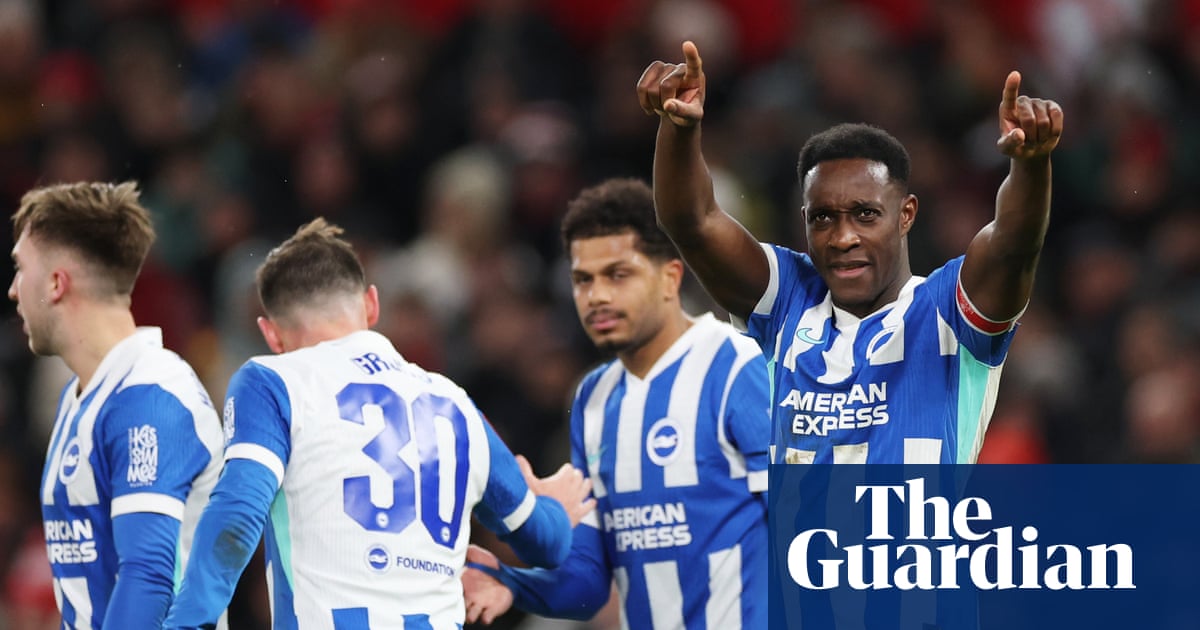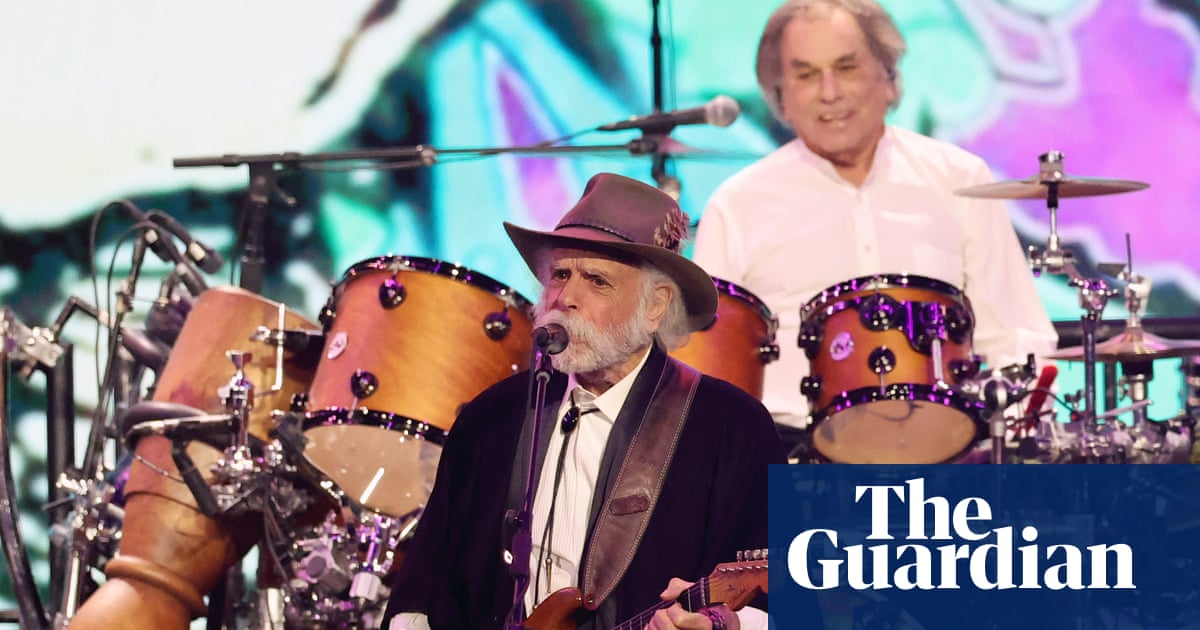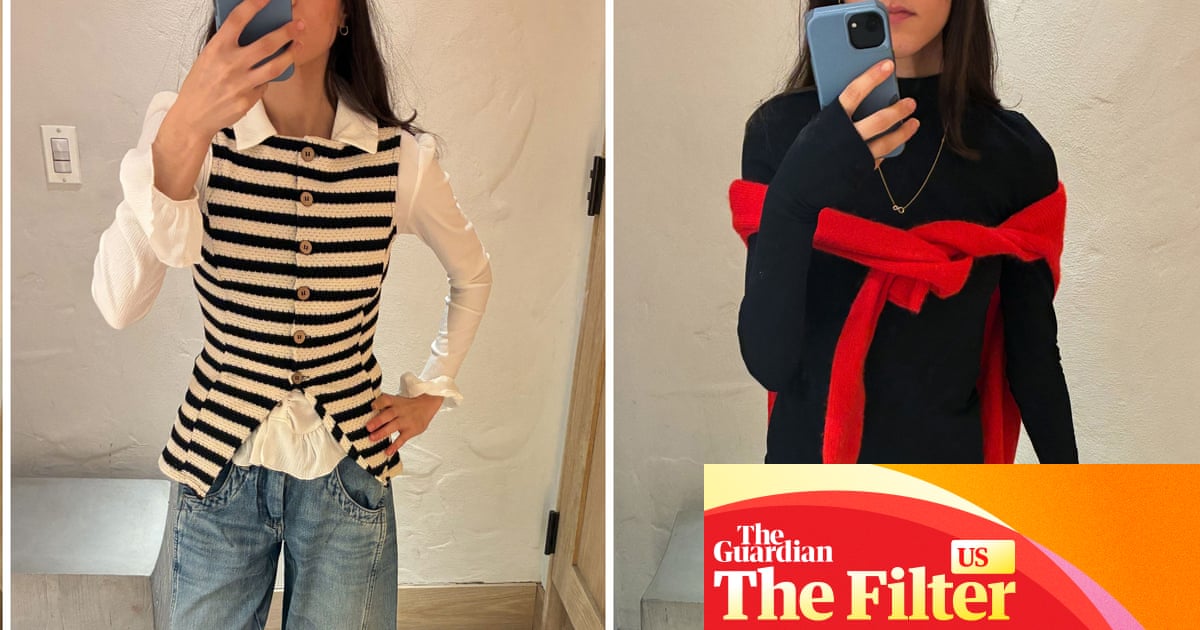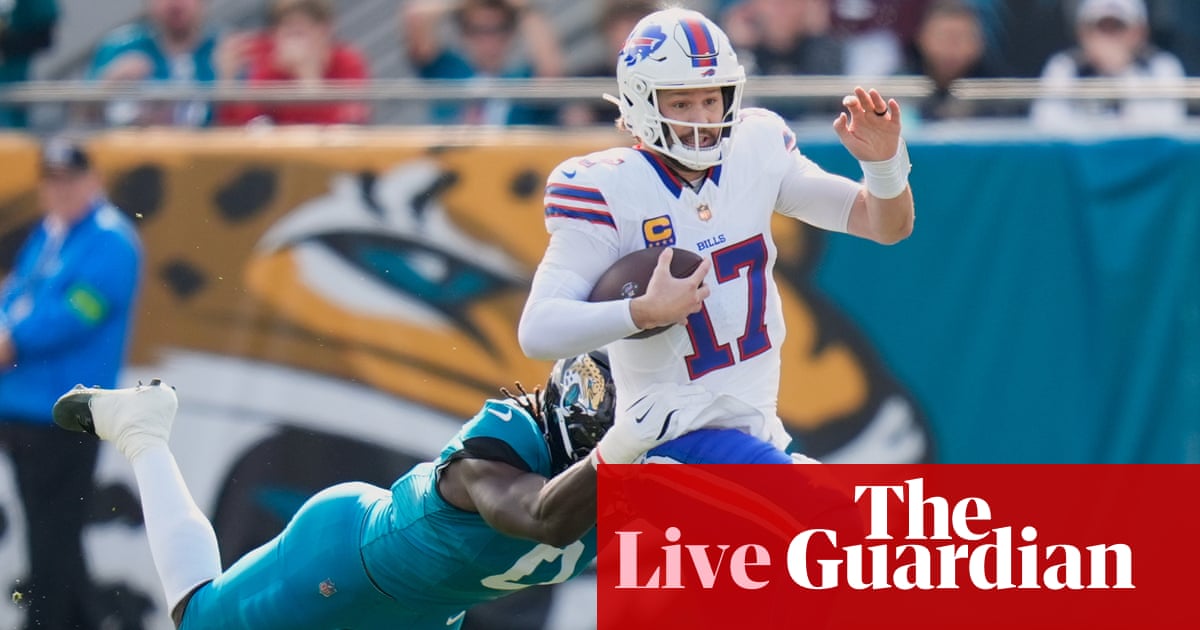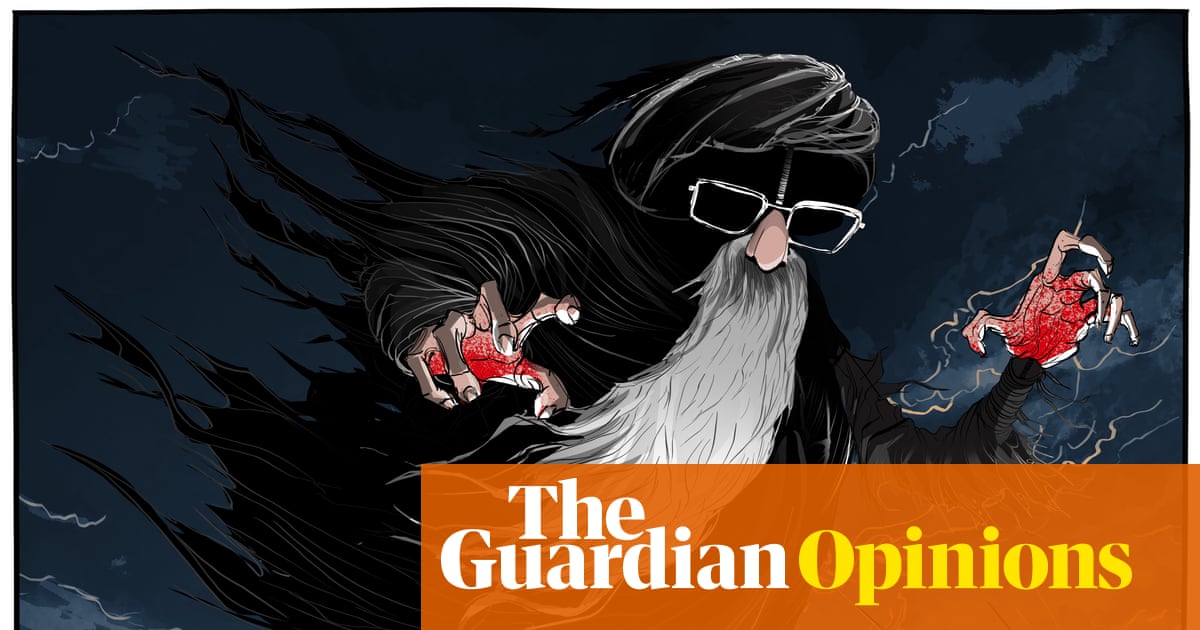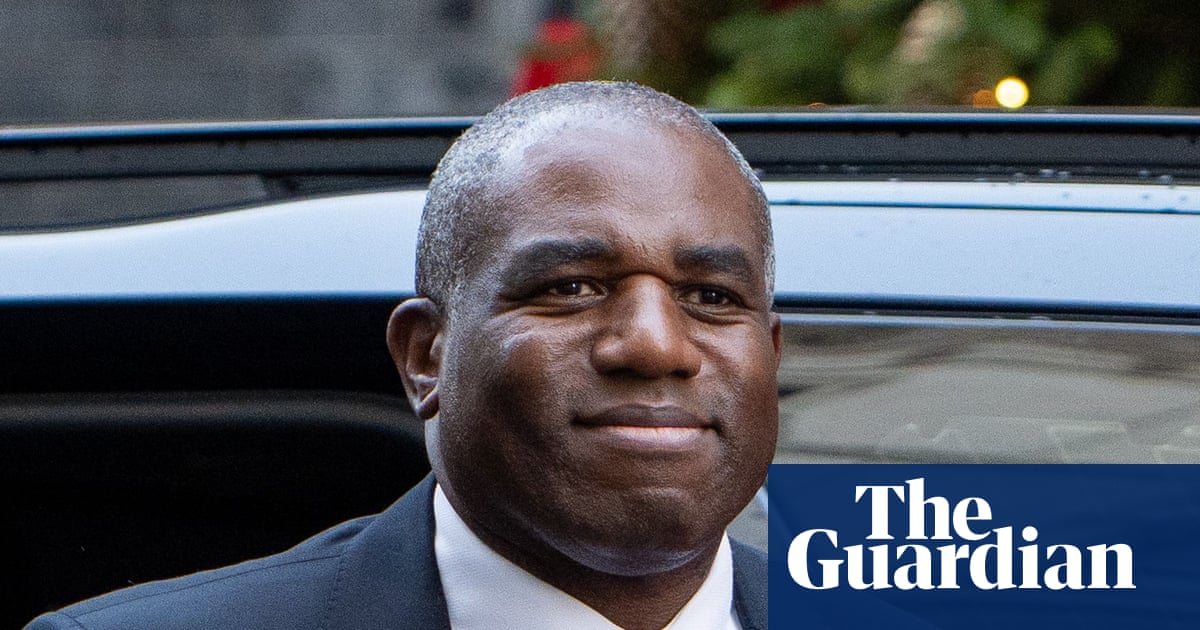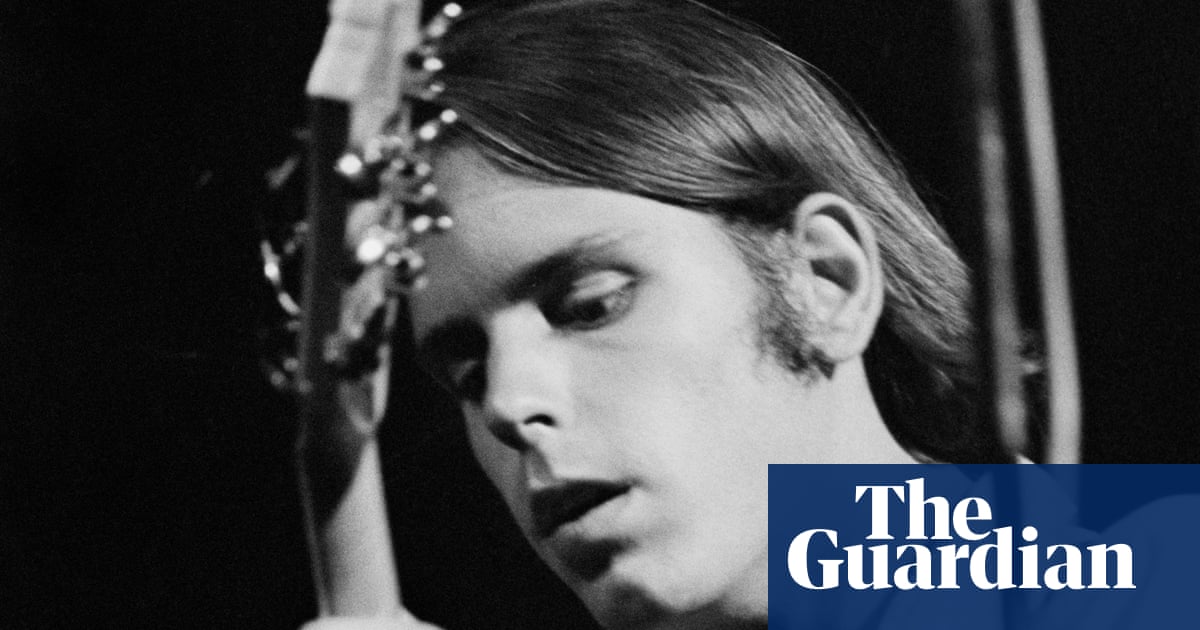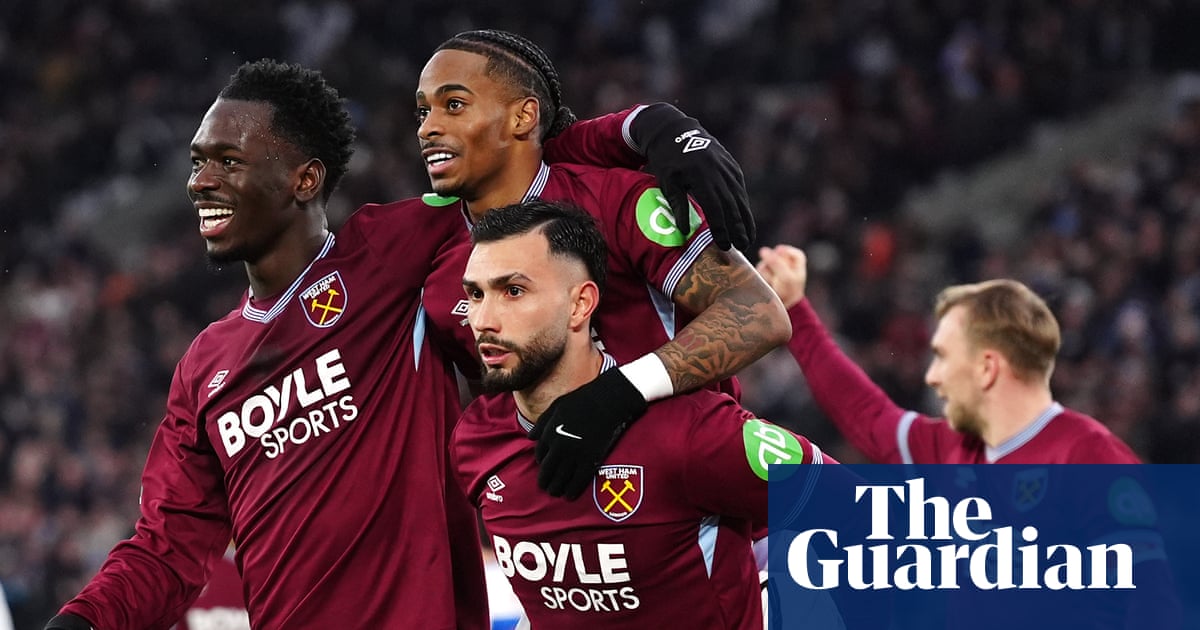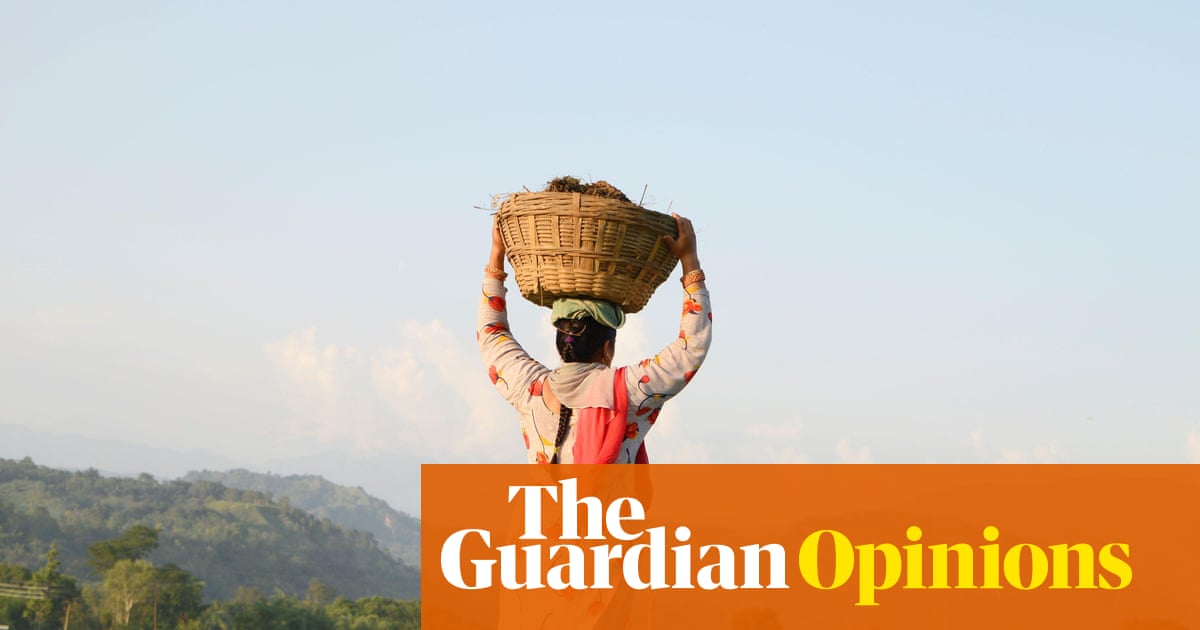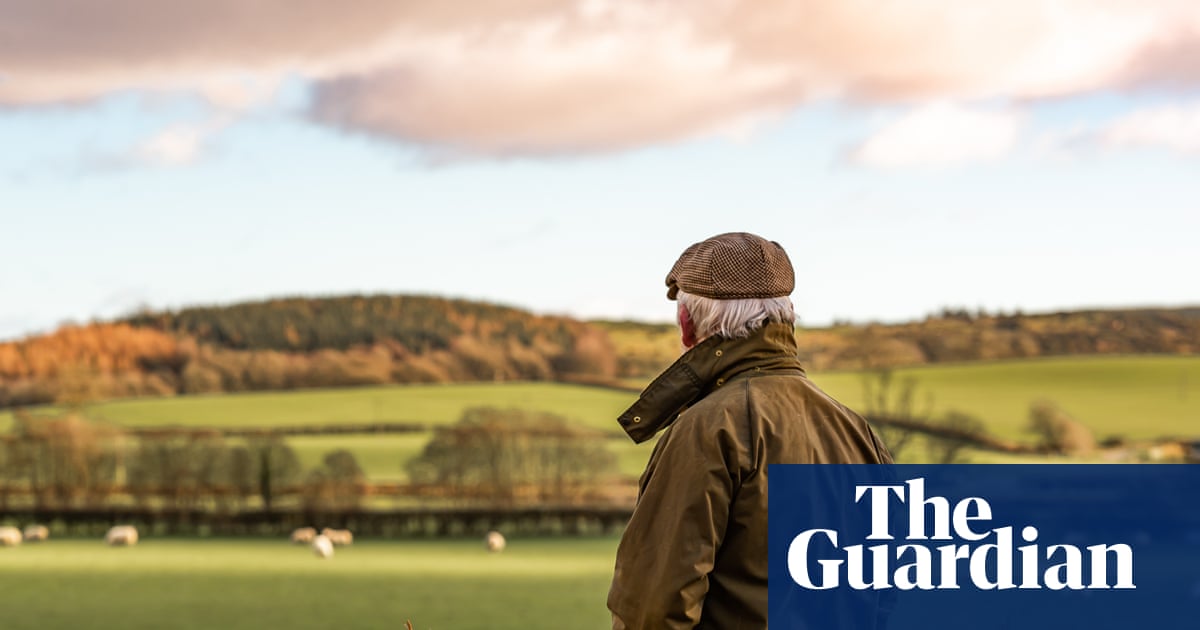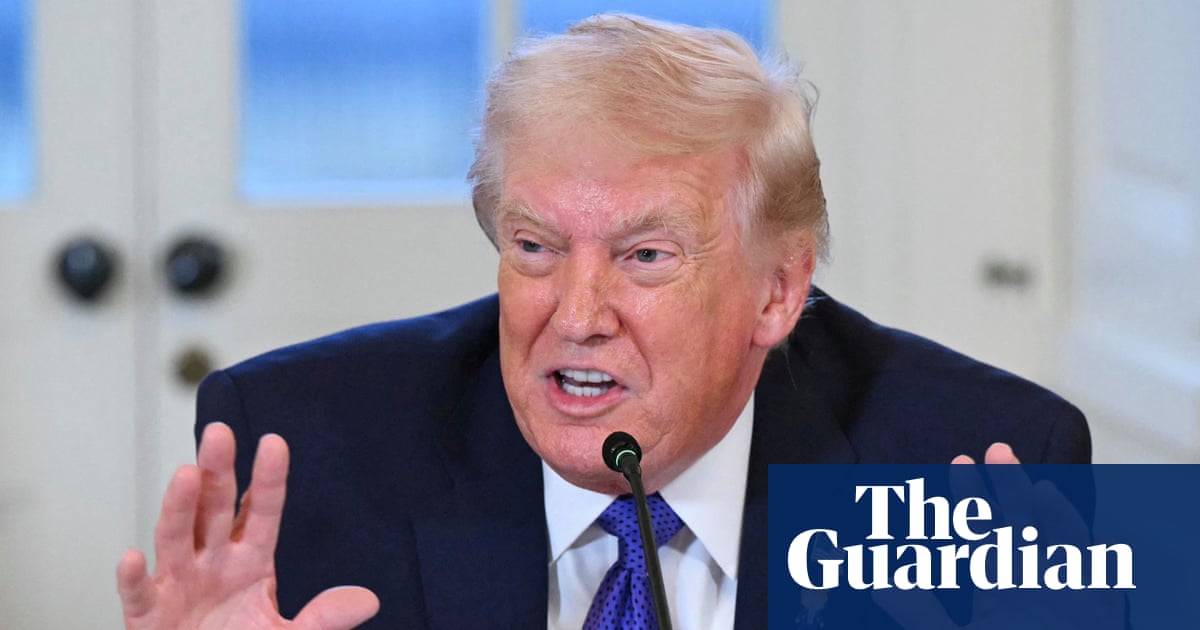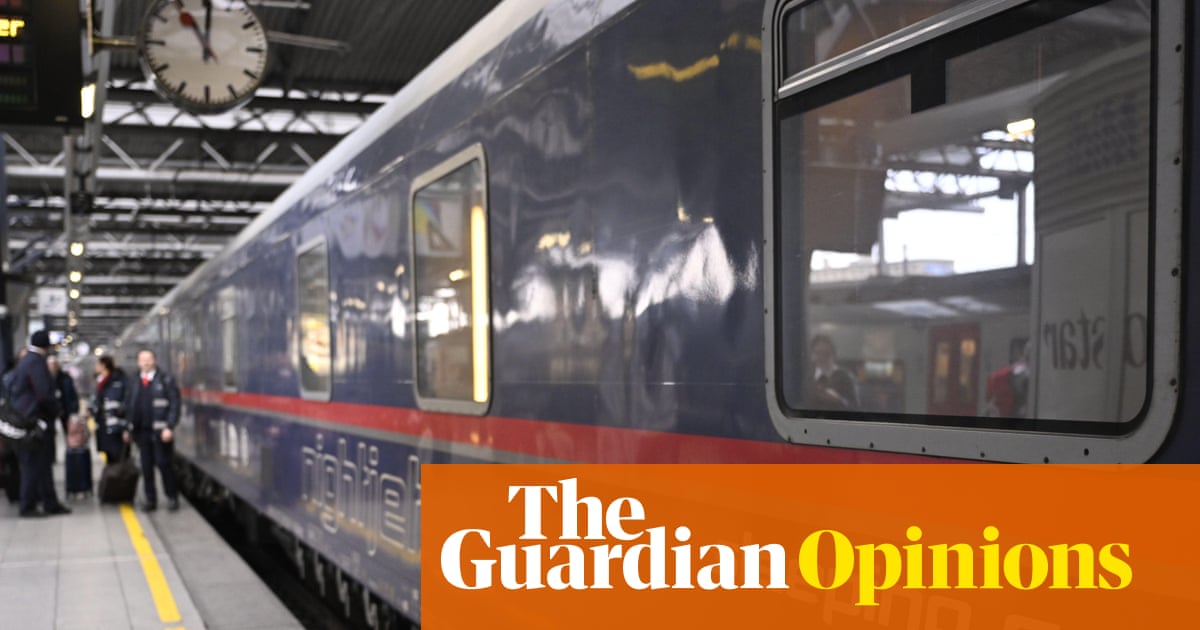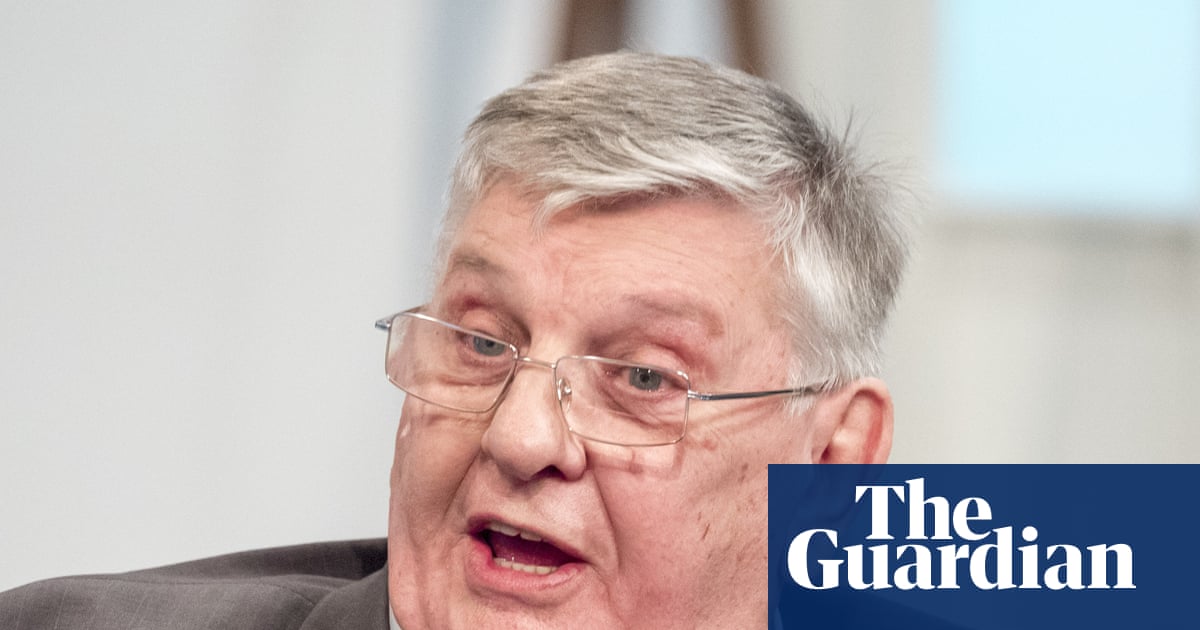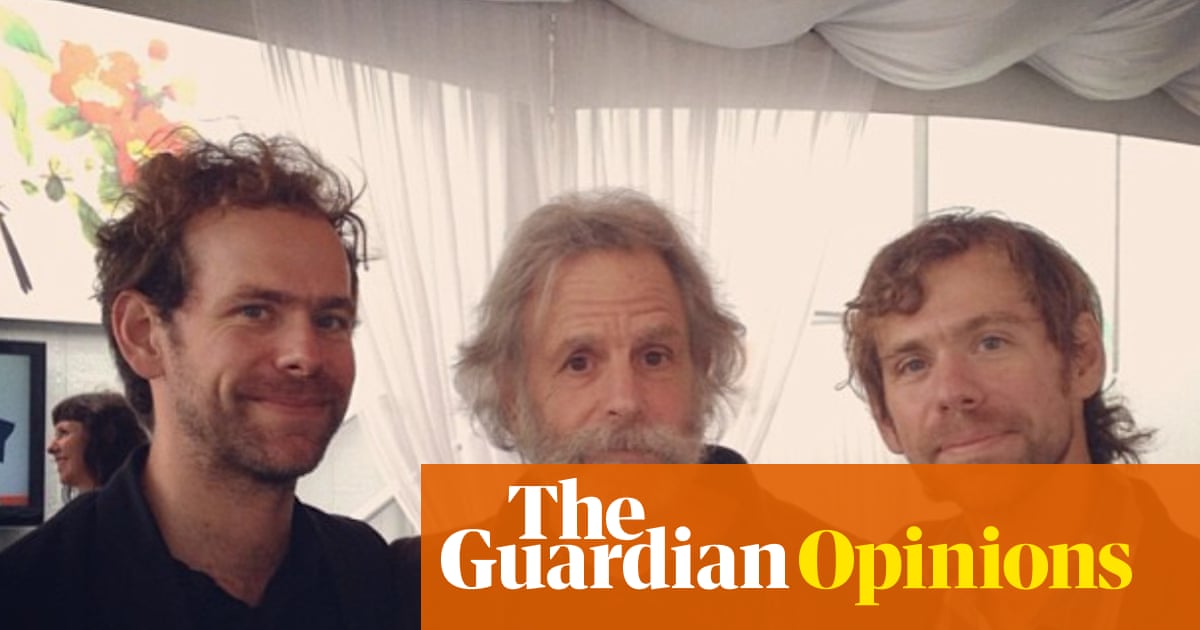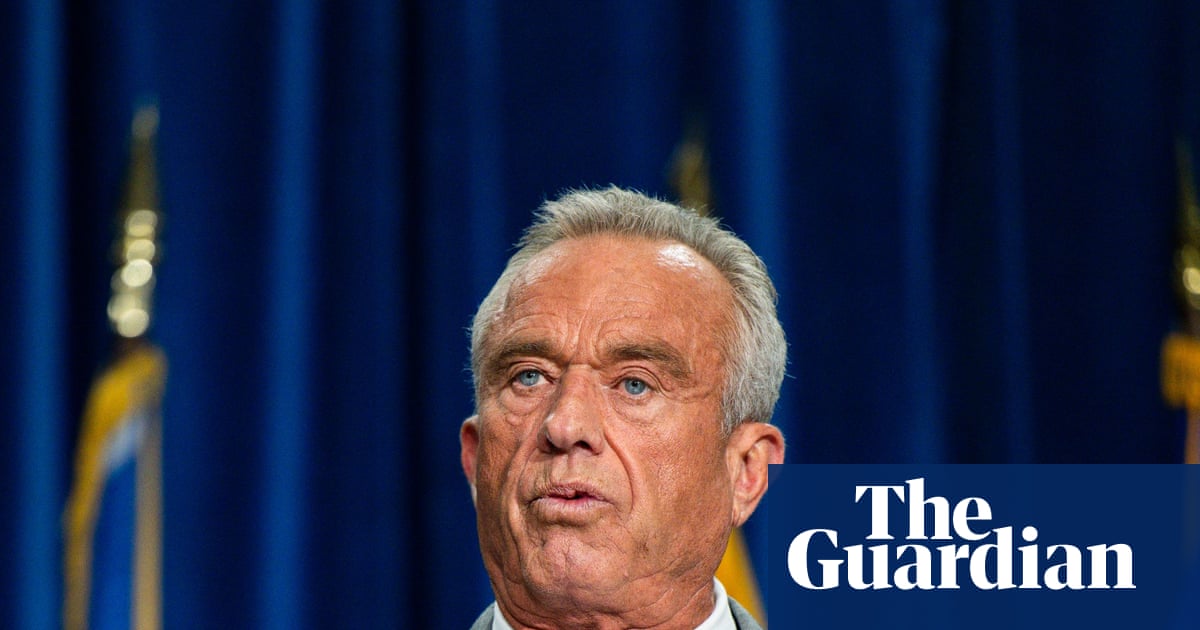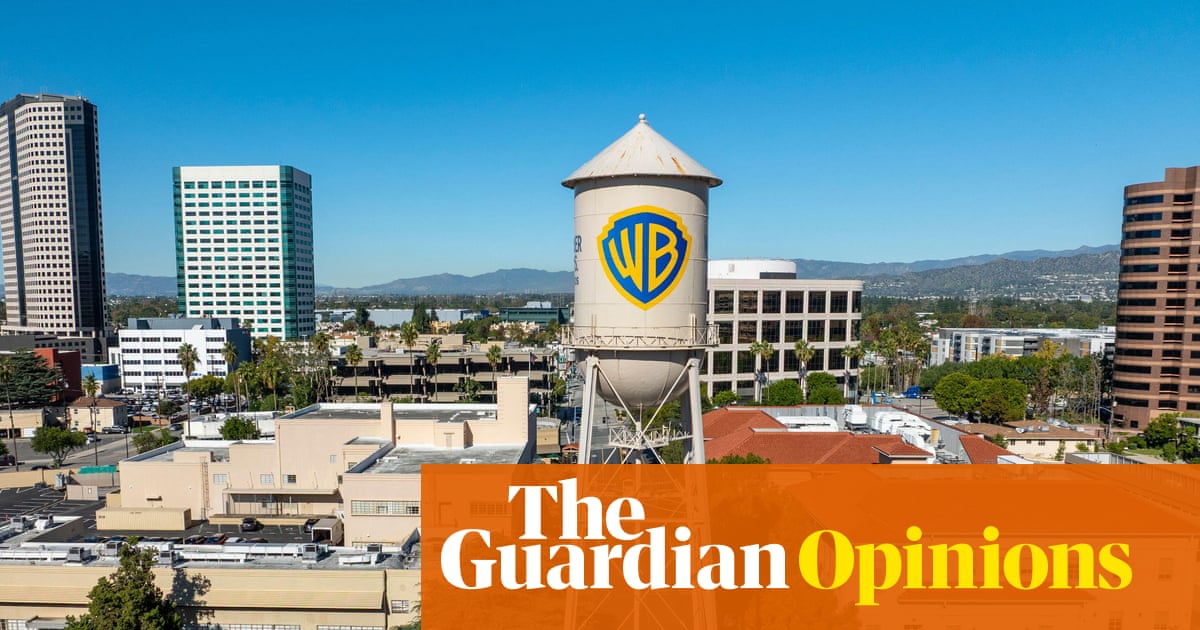It’s about midnight. It’s raining. A small group is huddled around a lonely roadside cafe somewhere near the border between Poland and Ukraine, getting wet in the drizzle, sharing cartons of chips and bottles of beer.
One of the bedraggled men wonders out loud why on earth the owner of the cafe would choose to close now, when surely this must have been the busiest it has ever been, stuck out here in the middle of nowhere, with a captive and hungry audience.
Everyone laughs. It turns out, Prince Harry can be quite funny.
It helps to keep things jolly as the security detail work out how to ferry everyone from here to the train that will take them on a secretly planned trip to Kyiv.
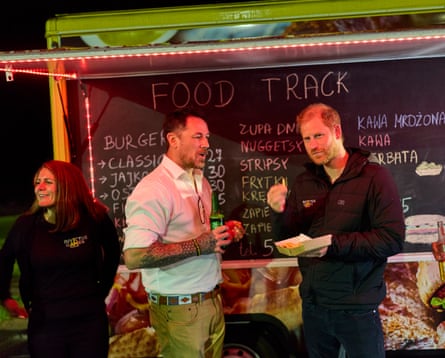
The aim of the visit is to promote the work of the Duke of Sussex’s Invictus Games Foundation (IGF), and to celebrate the recovery and rehabilitation of the thousands of veterans there who have suffered life-changing injuries since the war with Russia began three years ago.
Because of the sheer numbers of wounded, Invictus has become increasingly well-known in Ukraine, and Harry, somewhat surprisingly, has achieved cult-hero status.
The Guardian accompanies him on the journey to the capital – something of a gamble for both sides, as Harry noted. He is suspicious of the media, and the Guardian has long been critical of the monarchy.
And over the next 36 hours, we learn a lot – big and small – about this complex, conflicted man. He doesn’t like posing for staged photographs, and he doesn’t like cycling (“I have a bony ass”); he likes to box to relieve his frustration – “hitting the hell out of a bag”, he says, helps him to decompress.
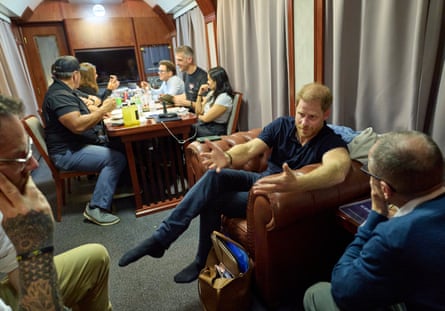
In private he is very informal, padding around in his socks on the train to and from Kyiv and making dad jokes.
In public he has a confident voice and an easy charm with strangers, but on his own he is softly spoken and asks questions about people, and about politics. He has views.
He is not, he says, the unhappy man some of the press like to portray him as, but yes, he wants to spend more time in the UK.
Does he regret putting his side of the story in the very public way that he has? No he doesn’t. “My conscience is clear.”
He talks a little about his mother, Diana, and his father too. If Invictus is his professional priority, it seems clear his father is a personal one.
But all that comes out on the way back to the UK; what is happening in Ukraine is his immediate concern, and for good reason.
‘One of the saddest things I have ever seen. Also one of the most beautiful’
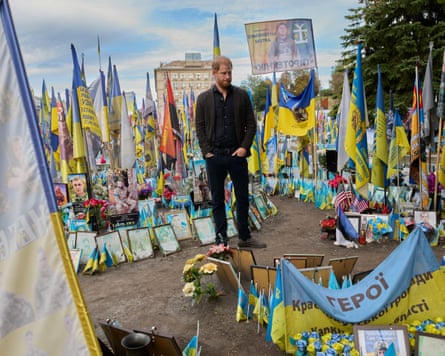
The statistics are shocking and they are on the rise.
The war in Ukraine has left at least 130,000 people with life-changing injuries, many of them double and triple amputees or with disfigured faces.
With no sign of the conflict ending, the Ukrainian government has put using sport as a way to help the recovery and rehabilitation of these veterans at the heart of a national policy, and the country’s prime minister, Yuliia Svyrydenko, has turned to Invictus for inspiration and help.
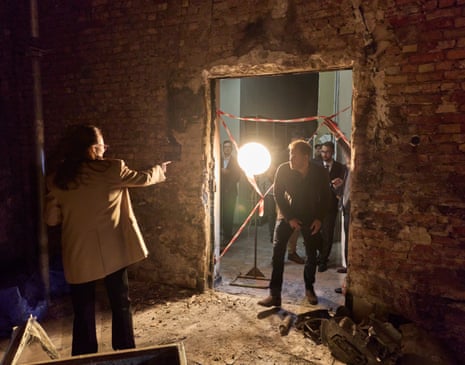
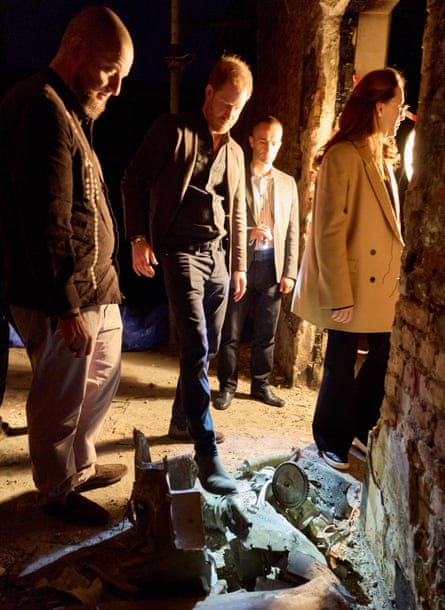
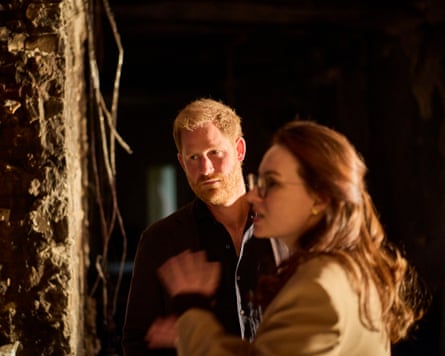
Ukrainians themselves have embraced the whole concept. The men and women who have taken part in the biennial Invictus Games have become national heroes and front-page news.
But these competitions only involve small numbers, and the need is vast.
So Invictus has been devising programmes to help veterans all over the country get access to sports facilities. At a reception on Friday morning, the IGF team are guests at the National Museum of the History of Ukraine in the Second World War, where they meet ministers and dozens of the recovering wounded.
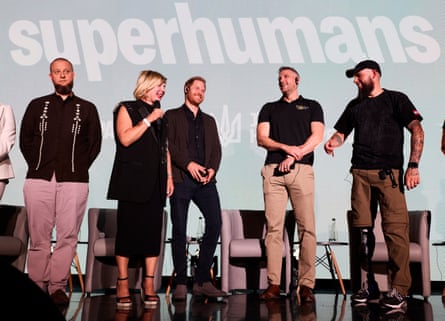
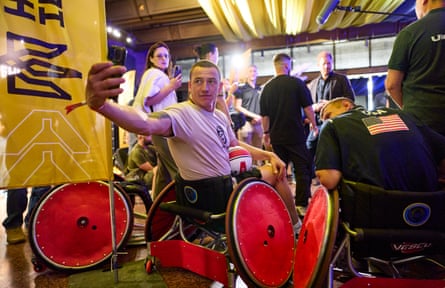
“Sports recovery and rehabilitation did not exist in Ukraine before Invictus,” Ruslan Prykhodko, the deputy minister for veterans affairs, tells the Guardian.
“Now we are creating a whole system with different kinds of training and preparing teams in all kinds of sports.”
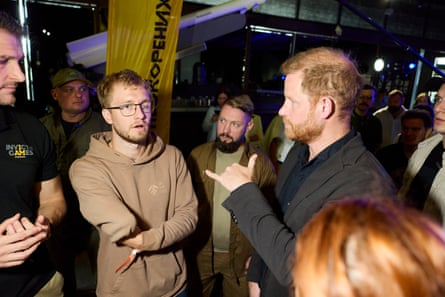
And it’s here that Harry’s popularity among Ukrainians becomes very clear.
The injured want to talk to him, the mothers and fathers of the wounded and dead want to shake his hand, or hug him. He is cheered and clapped at every turn, as are his colleagues.
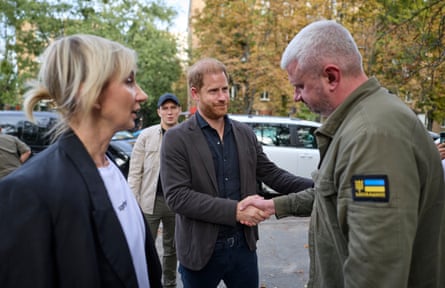
“It’s amazing. We never expected this level of recognition,” says Olga Rudnieva, the founder and CEO of the Superhumans trauma centre in Lviv, which has worked closely with Invictus in Ukraine.
“Ordinary people know who he is. We honestly didn’t know he had become such a celebrity. I think Prince Harry coming here is a symbol of victory and power. People look at him and his military experience and they see he is not afraid to come to Ukraine. It is so important that he came.”
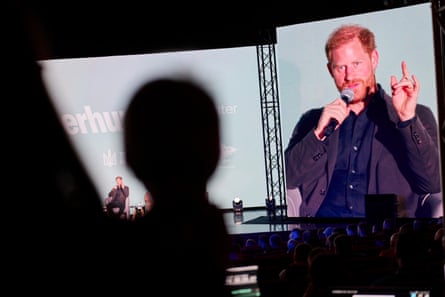
For this, and for the other causes he is passionate about, Harry accepts his “front and centre” role and does it willingly. Encouraging those who have been seriously injured to find a purpose outside the military is one of his messages.
“I would say that I have been fortunate,” he says. “The one thing that people miss when they hang up their uniform is purpose.
“Losing a sense of community and being part of a team, and of course the camaraderie and adrenaline. But at the heart of it is your job, your role is serving a purpose larger than yourself.”
His work for Invictus, he says, has given him that after his military career. It “saved me”.
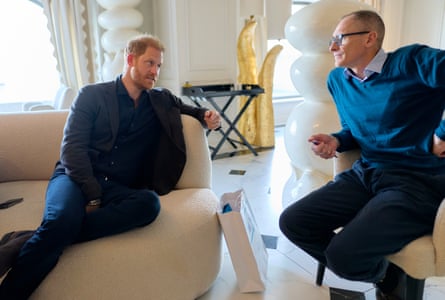
Changing attitudes across society about disabled people is another core message.
“Seeing people with prosthetics and life-changing injuries is going to be the norm in Ukraine for the coming decades,” he tells the Guardian.
“Nobody should feel embarrassed or ashamed about their disabilities. It’s about flipping from sympathy to admiration and respect.”
Such is the need for men and women to fight the war, some of the wounded have even ended up back in the military.
“A lot of the participants in the Invictus Games go back to active service,” says Helen D’Oyley, the IGF’s chief growth officer. “Ukraine has become our key strategic priority because of the need there is here.”
Later in the day, the team stops at Maidan Square in the heart of Kyiv, where an unofficial memorial to the dead has sprung up. It is a moving and ever growing field of photos of the dead, flags, messages and flowers.
Harry wanted to lay a wreath, but as the crowds grow around him, he steps into the thick of the memorial to be on his own.
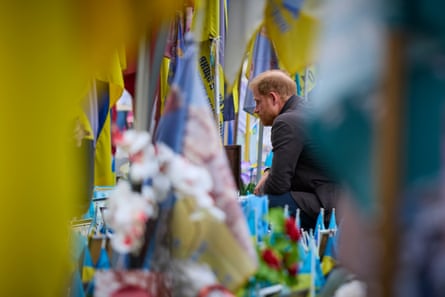
“I wanted to find a spot to lay the wreath in peace away from everyone. My God it’s like a maze in there. I didn’t appreciate how far back it went. Honestly, it is one of the saddest things I have ever seen. But also one of the most beautiful.” The war, he suggests, could and should have been avoided. “It is all so unnecessary.”
After this visit, the prince disappears. His car heads off away from the convoy for about an hour and when he returns to the group, he is coy and tight-lipped.
The suspicion is that he has gone to meet Volodymyr Zelenskyy, but neither he nor the president wants to admit it.
Zelenskyy is a champion of the Invictus Games and had made it known he wanted to meet the prince. The British government had made it known to Zelenskyy it would rather he did not. That was the chat in diplomatic circles, at least.
The theory was that giving the rebel royal a platform might not be smart politics on a day that Britain’s new foreign secretary, Yvette Cooper, was also in town.
But only one Briton is making any headlines in Ukraine on Friday.
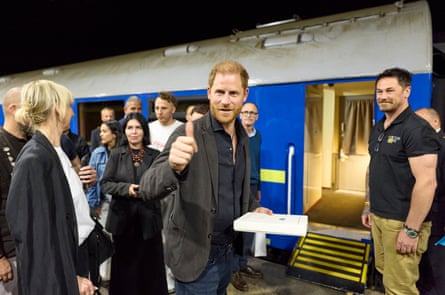
‘I am very happy with who I am and I like the life that I live’
The trip to Kyiv comes at the end of a busy week for Harry.
From Monday to Thursday he was in the UK, undertaking a series of events related to the causes he supports. He also met his father, King Charles, for the first time since February 2024. On an overnight train heading back to Poland, Harry says he thinks the whole week has gone well, and feels hopeful about the future.
During the trip, some elements of the tabloid press have published stories that left his team with their heads in their hands.
It appears to make Harry more certain of the need to take on the papers who, he says, have unfairly targeted him and his family.
The prince, along with Doreen Lawrence and Elton John among others, is suing Associated Newspapers, the publisher of the Daily Mail and Mail on Sunday.
A trial is due to start in January.
“Yes, I have enjoyed the week,” says Harry. “I have always loved the UK and I always will love the UK. It’s been good to reconnect with the causes I am passionate about. I have been able to spend some time with people that I have known for so long. It is hard to do it from far away.”
He adds: “It is only in certain elements of the press where you see this talk about me being down or saying I am not smiling. This comes from people who think they know what I am thinking and how I am feeling. They are wrong.
“I think parts of the British press want to believe that I am miserable, but I’m not. I am very happy with who I am and I like the life that I live.”
If he hasn’t always seemed cheerful, then that is hardly surprising, given what he has been going through, he says.
“I have certainly had to deal with some very stressful events over the last four years. There has been the uncertainty and stress of the litigation and finding out certain things that have really, really hurt.”
But he believes there is a disconnect between what is written about him by some commentators, and what most other people think.
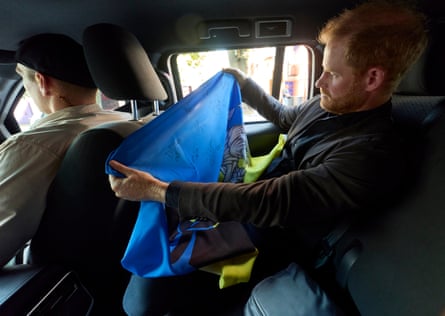
“I feel a lot of support from the British public. Even now, when I feel like I have been destroyed by certain members of the British press.
“It serves them to think that the British public feels the same way about me as they do.
“But I don’t feel that and I don’t see that. For as long as I have known, certain elements of the British press have tried to speak on behalf of the nation. I think they are out of touch with the nation on lots of things.
“They hope to bring the public with them, but … I think the British public can speak and think for themselves.”
Would he like to spend more time in the UK? To bring his children one day, despite the issues over his security arrangements?
“Yes I would. This week has definitely brought that closer.”
Harry won’t talk about his father, but he seems to suggest he wants, and needs, to see his father more often.
Over the coming year, he says, “the focus really has to be on my dad”.
Harry mentions his wife, Meghan, only once by name, a reference to something she told him about how telling the truth “is the most efficient way to live”.
“She said ‘just stick to the truth’. It is the thing I always fall back on. Always.
“And if you think like that, who would be stupid enough to lie? It takes up too much time and effort.”
Which brings him to the very public things he has said about his life; the interviews, the TV series and the book he wrote, Spare.
“I know that [speaking out] annoys some people and it goes against the narrative. The book? It was a series of corrections to stories already out there. One point of view had been put out and it needed to be corrected.”
He adds: “I don’t believe that I aired my dirty laundry in public. It was a difficult message, but I did it in the best way possible. My conscience is clear.”
Being called stubborn slightly rankles with him. “It’s not stubbornness, it is having principles.”
It seems he does not want to prolong any legal battles.
He does not ever expect to get positive coverage from some quarters – a ceasefire is, perhaps, the best he can hope for.
“It is not about revenge, it is about accountability,” he says.
Nor does he want to prolong any divisions with his family.
But in life, he says, “you cannot have reconciliation before you have truth”.
Harry, who turns 41 on Monday, appears a bit bemused by his popularity in Ukraine.
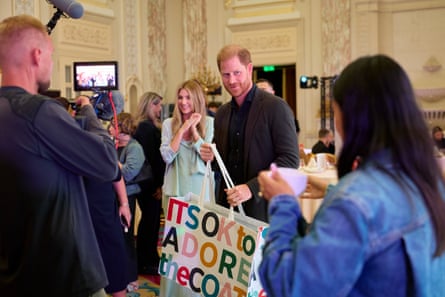
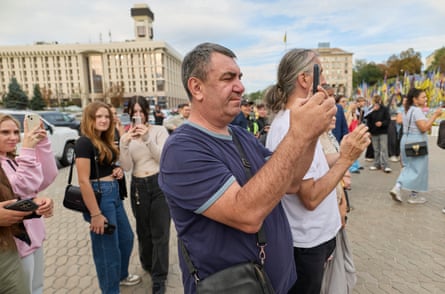
By the end of the visit he has so many bags of presents to take home, including a dagger hidden inside an ornate walking stick, they take up most of the free space in the back of the private jet that returns him to the UK.
He puts it down to the fact he served 10 years in the army, and the way Ukrainians have adopted the ideas of the Invictus Foundation.
He is told that Rudnieva thought part of the reason people liked him was because he is quite Ukrainian in his attitude to life: he does his own thing, in his own way.
“You know who else did that?” says the prince. “My mum.”

 3 months ago
103
3 months ago
103
